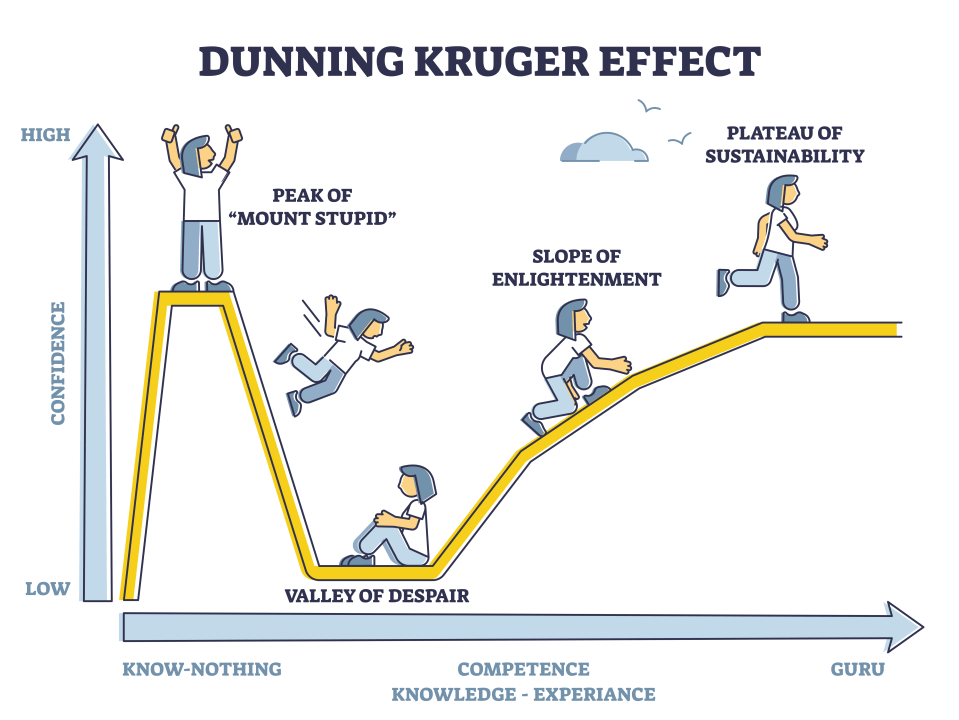In the five factor model of personality which one of the following focuses on the individual’s ability in organizing, taking responsibility and being efficient? a) extraversion b) agreeableness c) Conscientiousness d) Openness to experience
In the five factor model of personality which one of the following focuses on the individual’s ability in organizing, taking responsibility and being efficient?
a) extraversion
b) agreeableness
c) Conscientiousness
d) Openness to experience
Read less


Empty Nest Syndrome (ENS) is a psychological condition characterized by feelings of sadness, loneliness, or loss experienced by parents or caregivers when their children leave home, usually for reasons such as going to college, getting married, or moving out for work. Although it is not a clinicallyRead more
Empty Nest Syndrome (ENS) is a psychological condition characterized by feelings of sadness, loneliness, or loss experienced by parents or caregivers when their children leave home, usually for reasons such as going to college, getting married, or moving out for work. Although it is not a clinically diagnosed mental health condition, it can have a significant emotional impact.
Key Symptoms of ENS:
Sadness and Loneliness: A profound sense of emptiness and isolation.
Loss of Purpose: Feeling as if life has lost meaning after children leave.
Depression or Anxiety: Persistent feelings of unhappiness or worry.
Identity Crisis: Struggling to adapt to a new identity beyond being a caregiver.
How to Cope with Empty Nest Syndrome
Coping with ENS involves emotional adjustment and finding new ways to create purpose and joy in life. Here are practical strategies:
1. Reframe Your Perspective
View your child’s independence as a positive milestone in their growth.
Celebrate their achievements and focus on the successful role you played in shaping their future.
2. Rediscover Your Identity
Reconnect with personal passions or hobbies that were set aside during parenting years.
Explore activities such as painting, writing, gardening, or traveling.
3. Strengthen Relationships
Focus on nurturing your relationship with your partner or spouse.
Spend quality time with friends or build new social connections.
4. Pursue New Goals
Take up a new skill, enroll in a course, or volunteer in your community.
Revisit career aspirations or start a new project.
5. Stay Connected with Your Children
Maintain regular communication, but respect their independence.
Use technology like video calls, messaging, or emails to stay in touch.
6. Practice Self-Care
Focus on physical and mental well-being through exercise, healthy eating, and mindfulness practices.
Consider meditation, yoga, or therapy to manage stress or overwhelming emotions.
7. Seek Support
Talk to friends, family, or support groups who understand what you’re going through.
Consider speaking with a therapist if ENS leads to prolonged depression or anxiety.
8. Embrace the Opportunity
Use this phase as an opportunity to travel, explore new cultures, or build experiences that enrich your life.
By focusing on personal growth and maintaining positive connections, parents can successfully navigate this transitional phase and find fulfillment beyond their caregiving role.
See less